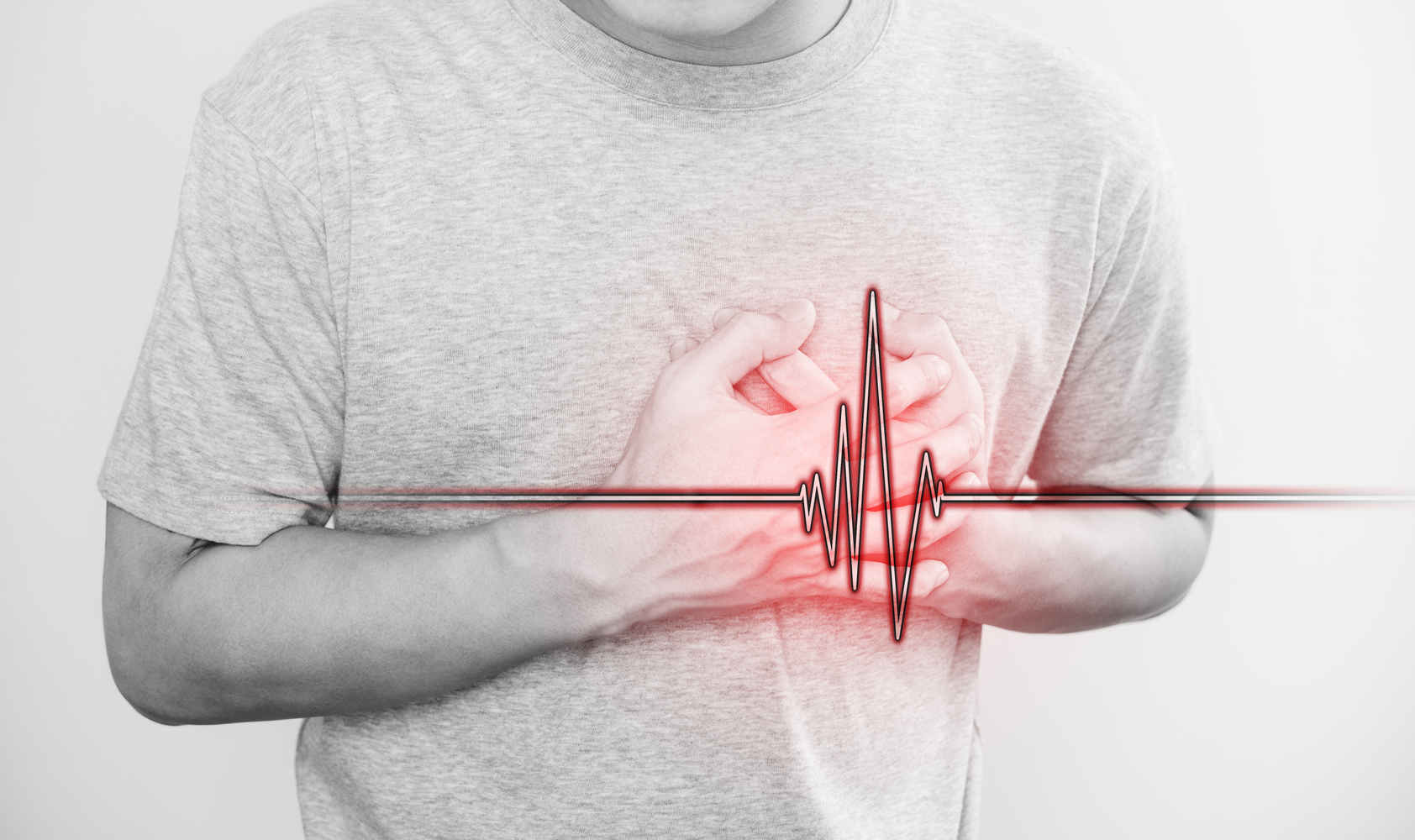In-Depth Guide to Heart Valve Disorders and Top Cardiac Surgeons
This comprehensive guide covers heart valve functions, common disorders, causes, symptoms, and modern treatment options, including surgery and minimally invasive procedures. Learn how expert surgeons and top hospitals provide life-saving care for heart valve diseases, emphasizing early diagnosis and personalized treatment strategies for optimal heart health.

In-Depth Guide to Heart Valve Disorders and Top Cardiac Surgeons
The heart's valves are vital components of the circulatory system, ensuring proper blood flow within the heart and throughout the body. When these valves malfunction, they can cause a range of serious health problems that often necessitate surgical correction. Gaining a comprehensive understanding of how heart valves function, the common types of valve diseases, their underlying causes, symptoms, and available treatment methods is crucial for early diagnosis and effective management.
Understanding the Role of Heart Valves
Located within the heart chambers, heart valves are thin, flexible tissue flaps that open and close in harmony with each heartbeat to regulate blood flow. These delicate structures are essential for maintaining the unidirectional flow of blood, preventing backflow, and ensuring the efficient circulation of oxygen-rich and oxygen-poor blood within the heart.
The four primary heart valves include the aortic valve, which manages blood flow from the left ventricle to the aorta; the mitral valve, controlling blood between the left atrium and ventricle; the pulmonary valve, regulating blood flow from the right ventricle to the pulmonary arteries; and the tricuspid valve, which controls blood flow between the right atrium and ventricle. These valves work seamlessly to ensure efficient circulation, but any impairment can lead to significant health issues.
Common Types of Heart Valve Disorders
Many conditions can afflict heart valves, disrupting their normal function. The most common issues include regurgitation, where a valve fails to close tightly leading to backward blood flow; stenosis, where narrowing of the valve impairs blood flow by reducing or blocking the opening; and atresia, a congenital condition where the valve is either missing or completely closed, preventing blood passage.
Each of these problems can affect specific valves and may occur independently or together, influencing overall heart efficiency and potentially causing symptoms such as fatigue, breathlessness, or heart failure if left untreated.
Causes of Heart Valve Disorders
Heart valve disease can develop due to various reasons, including congenital defects where the valves do not form properly during fetal development. Some individuals are born with malformed or abnormally attached valve leaflets, which can lead to early problems.
Acquired causes are more common and include inflammatory diseases like rheumatic fever, which results from untreated streptococcal infections, leading to scarring and deformity of valves. Infections such as endocarditis can also damage valve tissue. Radiation therapy targeted at the chest or other treatments for conditions like cancer can harm the heart valves as well.
Degenerative changes associated with aging, such as thickening and stiffening of the valve tissue, may cause stenosis or regurgitation over time. Furthermore, coronary artery disease, previous heart attacks, and poorly managed cholesterol levels contribute to valve damage. Other risk factors include high blood pressure, obesity, and lifestyle choices like smoking, which increase the likelihood of developing valve-related problems.
Recognizing the Symptoms of Heart Valve Disease
In the early stages, heart valve disorders often cause no symptoms and may go unnoticed. However, as the disease progresses and the valves' function deteriorates, symptoms become more apparent. Typical signs include chest discomfort or pain, irregular heartbeat (arrhythmia), and shortness of breath during exertion or even at rest. Swelling in the abdomen, feet, or ankles due to fluid buildup, persistent fatigue, dizziness, and episodes of fainting or light-headedness are also common indicators of valve problems.
It is essential to monitor these symptoms closely and seek medical evaluation promptly, as early detection can significantly improve treatment outcomes and prevent life-threatening complications.
Available Treatment Options for Heart Valve Diseases
When heart valves are severely damaged or symptomatic, surgical intervention becomes necessary. The primary options include valve repair and valve replacement. Repair procedures aim to restore native valve function and are preferred whenever feasible, as they preserve the heart's natural anatomy.
However, when repair is not possible, valve replacement is performed. This involves removing the diseased valve and inserting a prosthetic valve. There are two main types of prosthetic valves: mechanical and biological. Mechanical valves are highly durable and can last for decades but require lifelong anticoagulation therapy to prevent blood clots. Biological valves (from pig, cow, or human donors) tend to last around 15-20 years and usually do not require lifelong blood-thinning medication, making them suitable for older patients.
The choice of treatment depends on various factors such as the patient's age, overall health, the specific valve affected, and personal preferences. Advances in minimally invasive surgical techniques, including transcatheter procedures like TAVR (Transcatheter Aortic Valve Replacement), have expanded options for high-risk patients, reducing recovery times and improving outcomes.
Postoperative Recovery and Follow-up Care
Post-surgical recovery typically involves an initial hospital stay of about 5 to 7 days, with careful monitoring of heart function, blood pressure, and signs of infection. Minimally invasive procedures can further reduce hospitalization duration and accelerate recovery. After discharge, patients are usually advised to participate in cardiac rehabilitation programs, maintain a heart-healthy diet, and adhere to prescribed medications.
Full recovery may take several months, during which regular follow-up appointments with cardiologists are essential to track heart function and detect any potential issues early. Patients should be vigilant about symptoms like fever, chills, persistent cough, or chest tenderness, which could indicate complications such as infection or valve dysfunction.
Leading Cardiac Surgeons and Heart Valve Centers of Excellence
Several renowned cardiac surgeons have established themselves as leaders in the field of heart valve surgery, including experts like Vaughn Starnes, Paul Stelzer, Eric Roselli, Gosta Pettersson, and Kevin Accola. These specialists are affiliated with top-tier medical institutions known for their advanced cardiac care, such as Cleveland Clinic, Mayo Clinic, Brigham and Women's Hospital, and Johns Hopkins Hospital.
When considering heart valve surgery, it is important for patients to thoroughly research and consult with multiple specialists to select the most suitable surgeon based on experience, success rates, and available treatment options. Many of these hospitals also offer state-of-the-art facilities for minimally invasive and transcatheter procedures, ensuring patients have access to the latest and safest treatment modalities.




